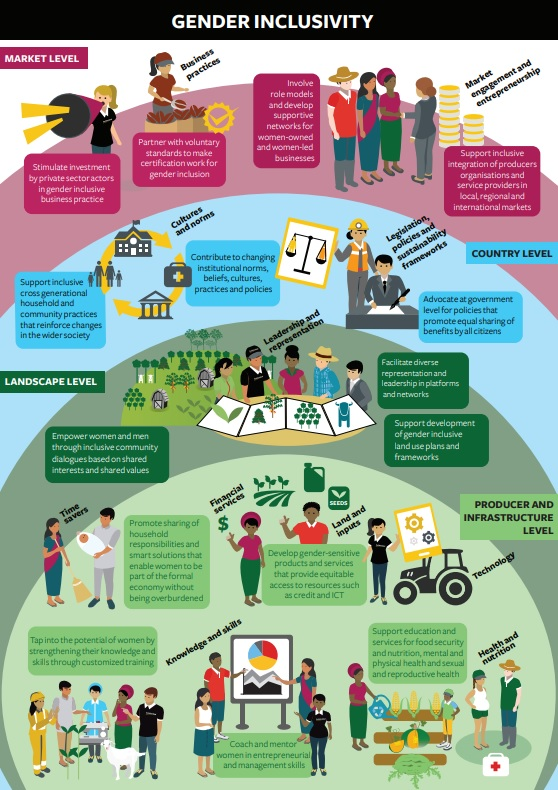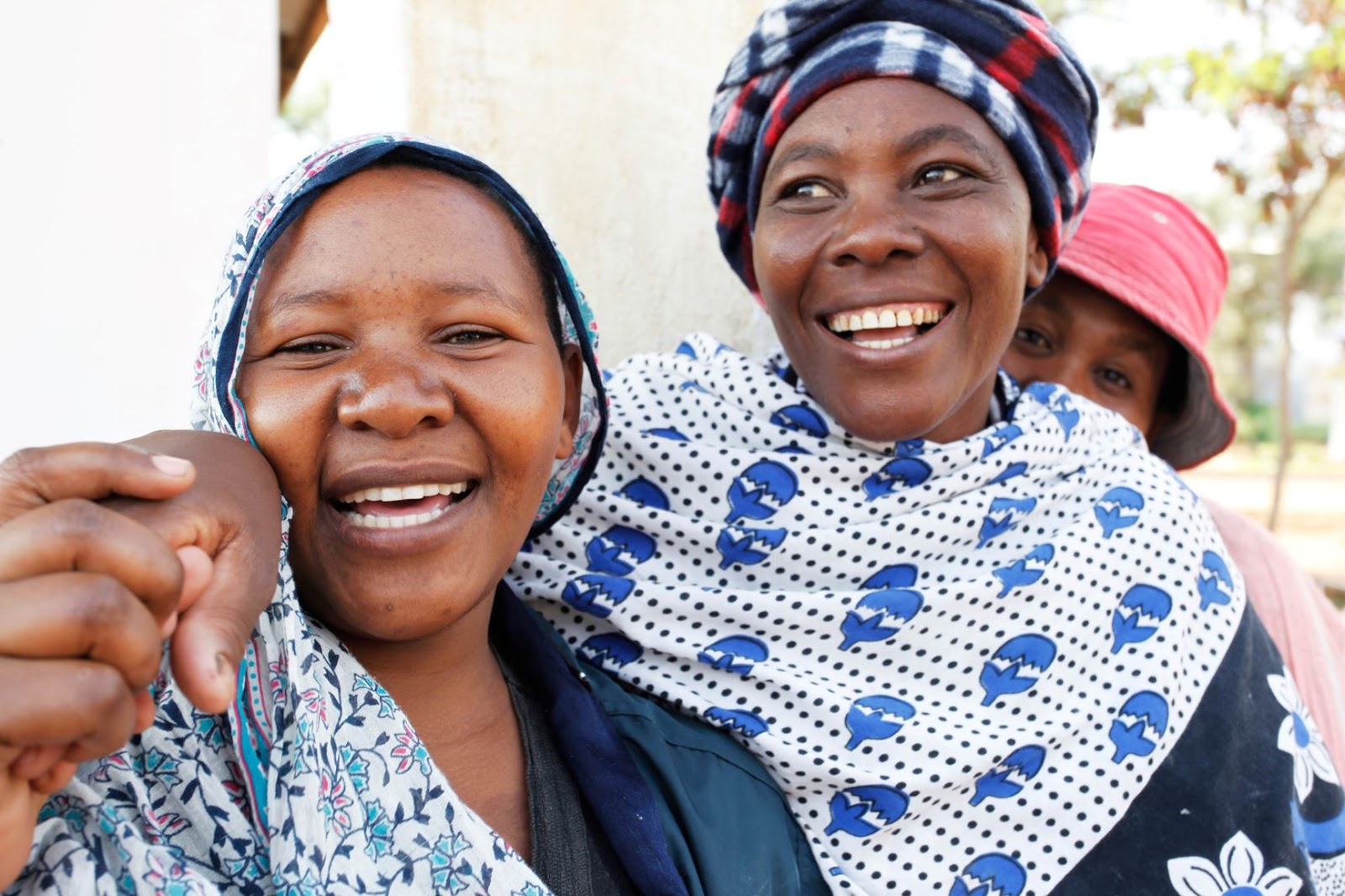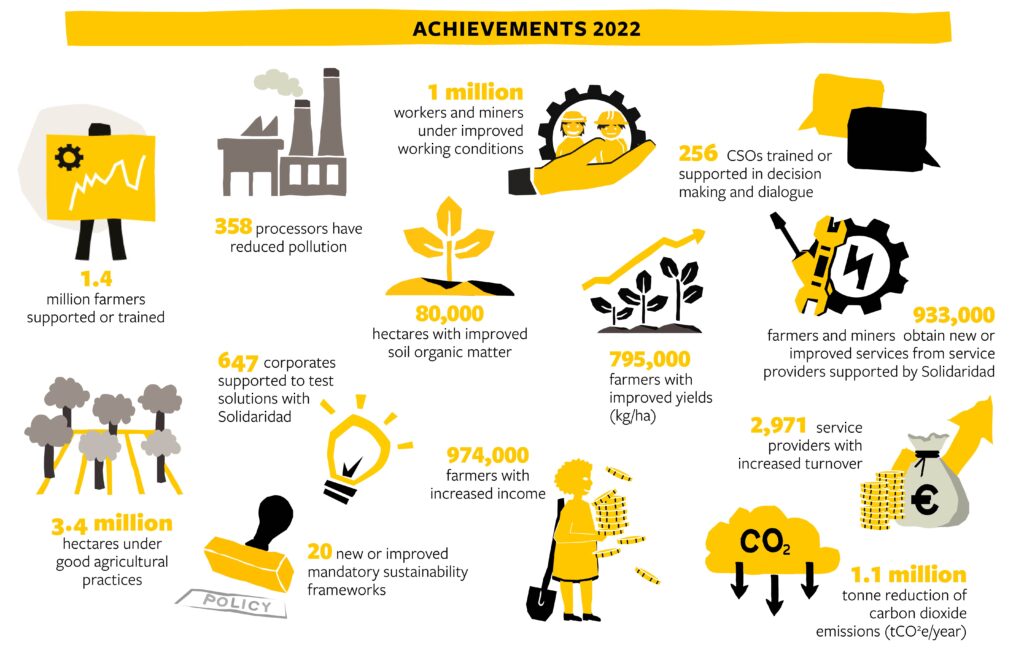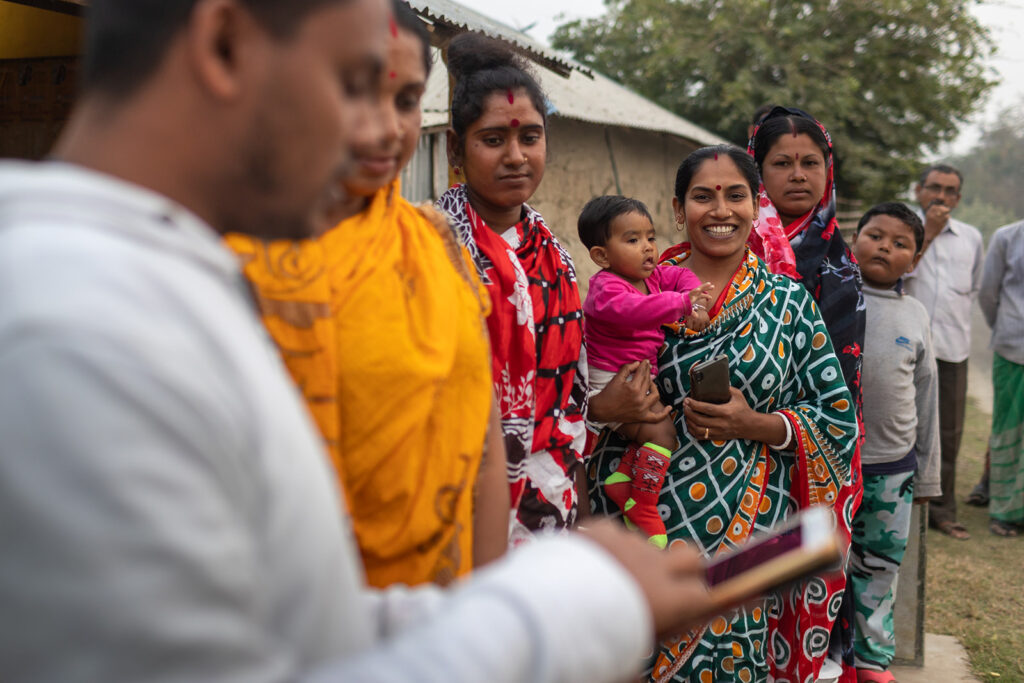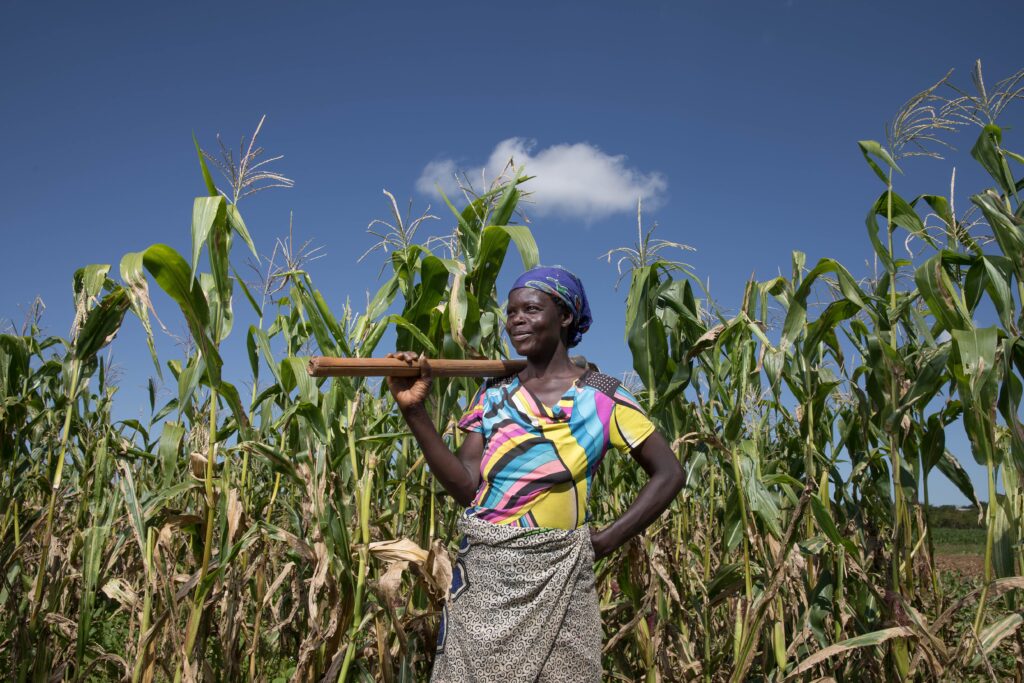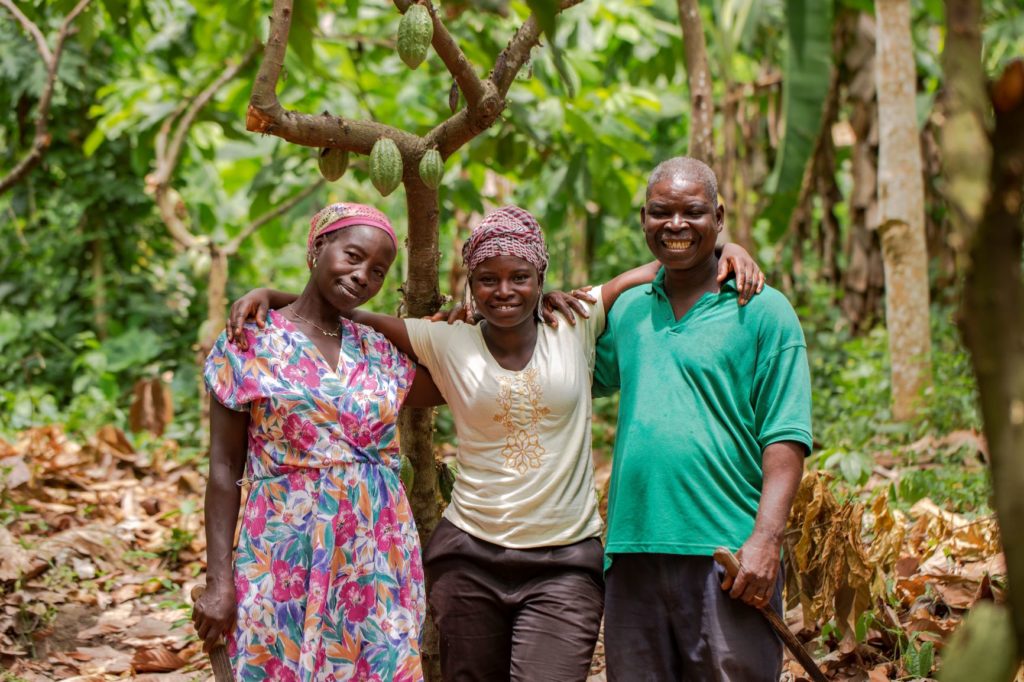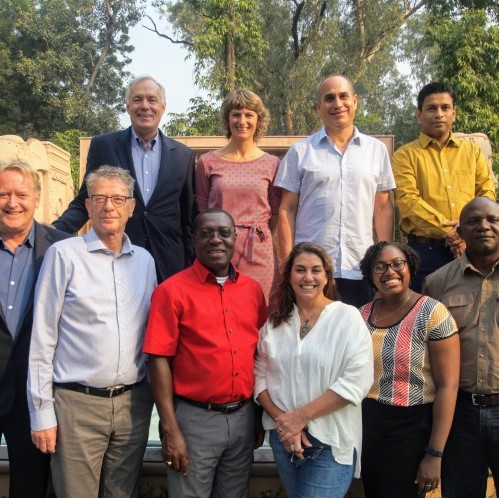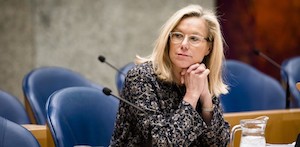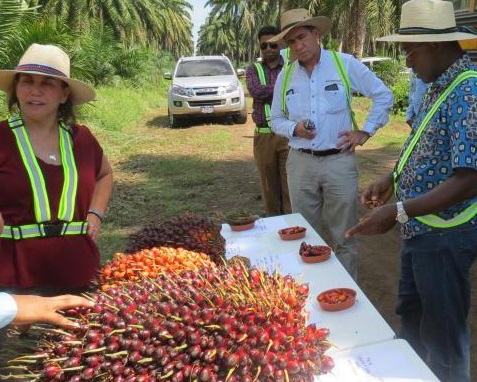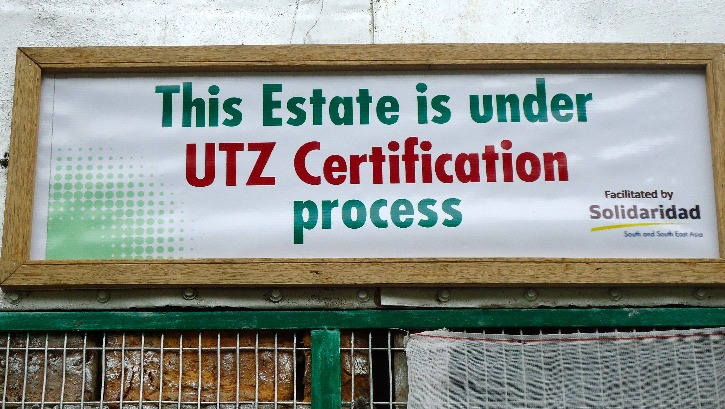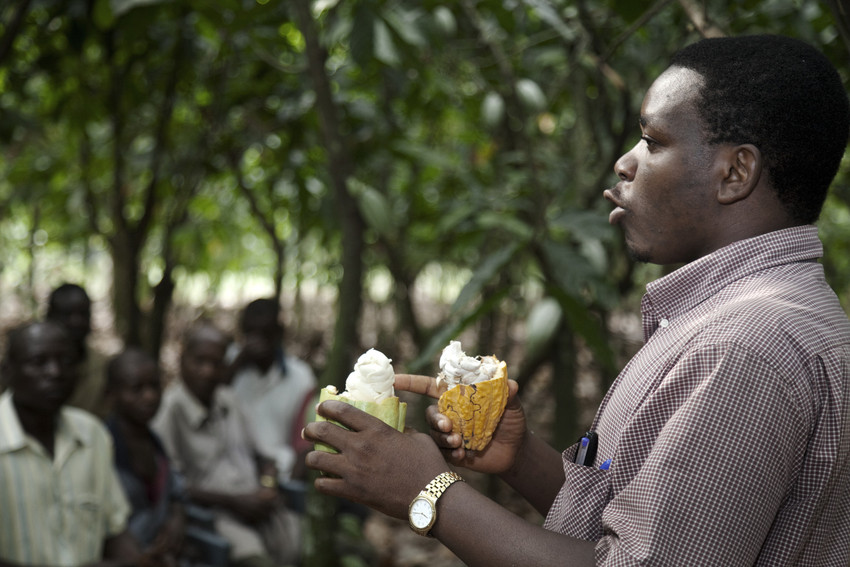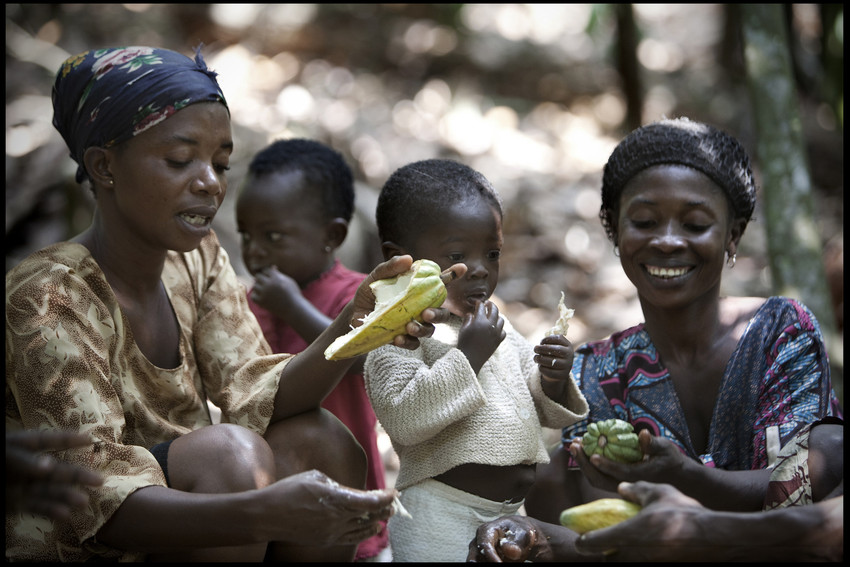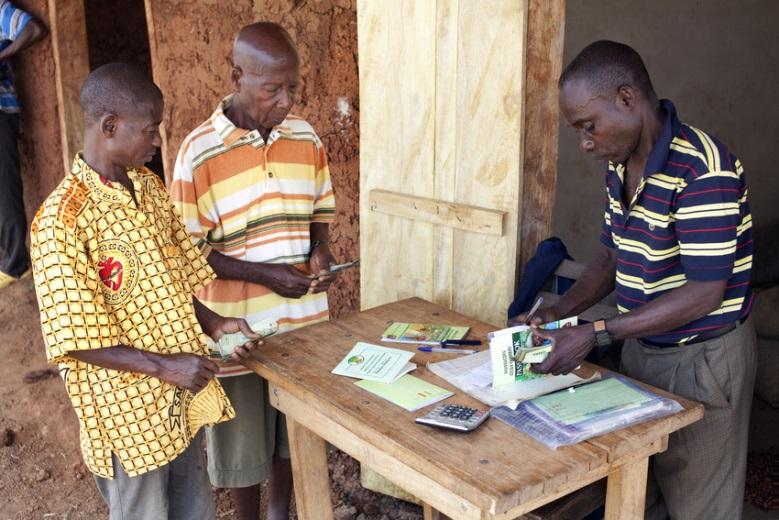Worldwide, increasingly more women are in the spotlight as they take up important leadership positions and prove time and again to be skillful and able leaders, not least in the face of adversity, such as the COVID-19 pandemic. Also away from the spotlight, numerous women have been at the forefront of ongoing battles against the pandemic, developments and innovations, and facing both everyday as well as unprecedented challenges.
The pandemic has highlighted the fact that worldwide, women’s social and economic positions remain particularly vulnerable in the face of adverse circumstances. Although women leaders and women-led organizations and national states have shown immense capability and resilience, many millions of women across the world are now facing even worse systemic barriers to their equal participation, as well as increased domestic violence, unemployment, poverty, and unequal distribution of care and household duties.
Fostering women’s leadership starts with inclusive and equal participation that requires breaking down barriers. Today, on International Women’s Day, we join the international community in standing together to advocate for women’s leadership and equal participation across all sectors, positions and country borders. In doing so, we highlight some examples from our work worldwide that illustrates the important role and contribution of women in leadership roles.
Webinar on women in leadership on 8 March
If you are interested in the topic of women’s leadership, this might be something for you: in celebration of International Women’s Day, our Southern Africa regional office is organizing a series of webinars. On 8 March, the session will be in line with the UN Women 2021 theme, ‘Women in leadership: Achieving an equal future in a COVID-19 world’. Webinar panelists are women involved in the agricultural sector and will share their personal experiences on how they are mitigating the impact of COVID-19 as leaders within their communities. You can sign up for the webinar here.
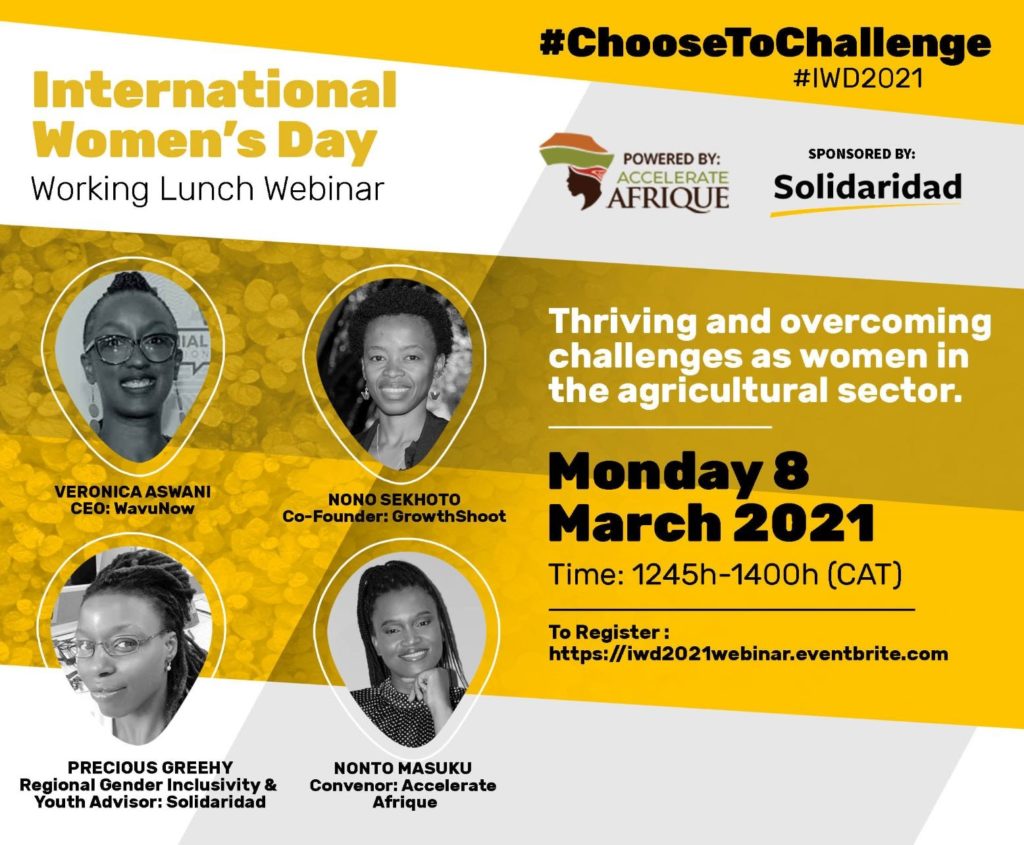
Pallaqueras trained to face COVID-19 in Peru
In Peru, pallaqueras, women miners that dedicate themselves to the search of tiny traces of gold waste on the hillsides of mine sites, have been the main caregivers of those infected by COVID-19 and have led home education for their children, so as not to miss the school year. Yet, in addition to the increased housework load, they were not included in the reactivation plans within the mining sector.
For this reason, some mining organizations have prohibited or imposed restriction measures on them when they tried to restart their activities, disrupting their monetary income and leaving them and their children more vulnerable. Solidaridad and Red Social have led a relief campaign and delivered training, personal protection equipment (PPE), infrared thermometers, and gallons of alcohol gel to 558 pallaqueras. Moreover, their women associations have strengthened their capacities in leadership, organization, and negotiation. Read more about it in this story.
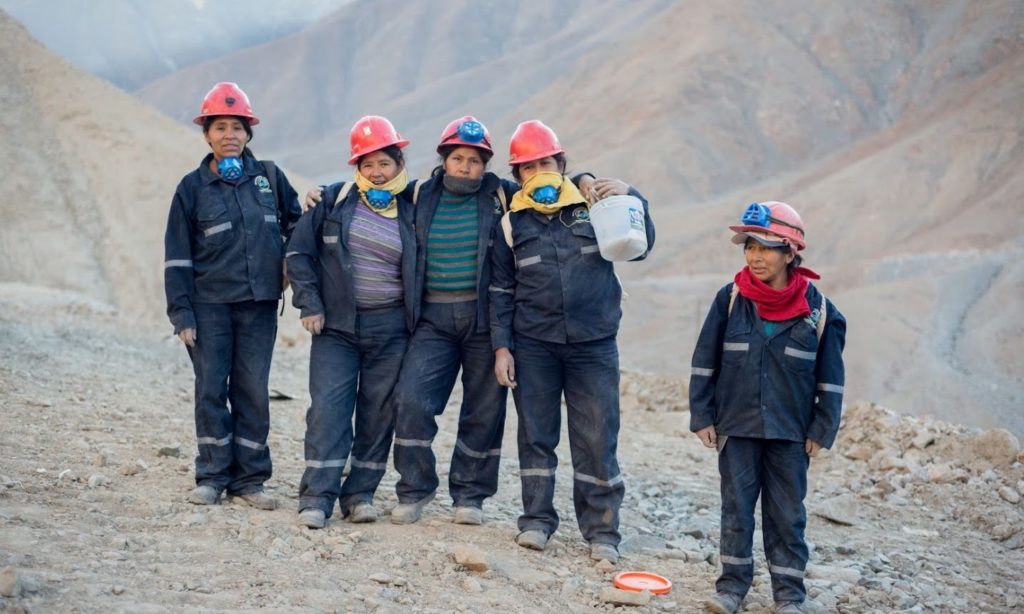
Women working to promote sustainable development in Central America
At Solidaridad we are convinced of the importance of including women’s perspectives in sustainable development and we have an internal policy to ensure equal participation in the organization across the regions. In various Solidaridad projects across Central America, Mexico and the Caribbean, women are involved through training and participation in various branches of the social and natural sciences, hereby seeking to promote sustainable development in the region.
Read more about our work in this region in this article, which invites readers to celebrate women’s achievements and encourages the participation of women in research and technologies to promote global sustainable development. The article gives examples of how we can support and encourage more women and girls to participate in sustainable development by celebrating and recognizing achievements globally, regionally and locally.
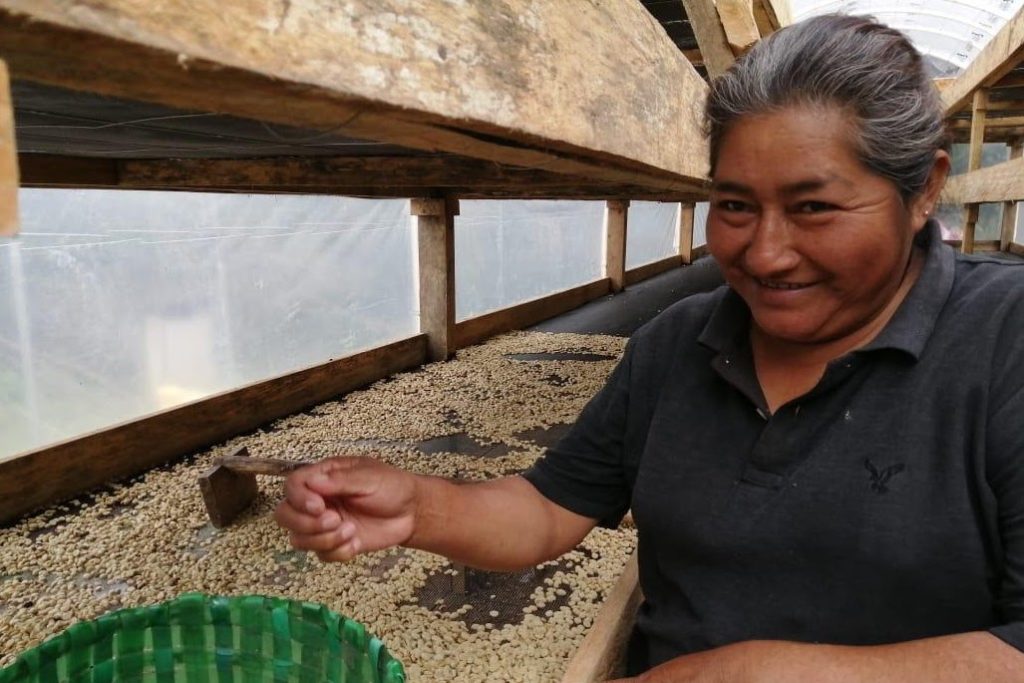
Community leadership in soy farming in Mozambique
In South Africa, gender inclusivity training for women farmers operating in male-dominated sectors has initiated dialogue around challenging gender norms, and encouraging women in farmer groups to pursue value-added enterprises as well as nutritional education. One such farmer, Josina Nikwaniya, began growing soy in 2018 as part of Solidaridad’s Southern Africa Towards Soy Bean Import Substitution (SATSBIS) programme.
In just a few years, she has grown her plot from a 150 square metre demo plot to producing soy on 5 hectares of land. As a mother of 5, Josina is also producing nutritional crops and maize on a 3 hectares plot for her own food security as well as trade. She harvested 10 tonnes of onions and built a greenhouse to produce cabbage and green peas. Read more about Josina’s journey, and the impact she’s having in her community.
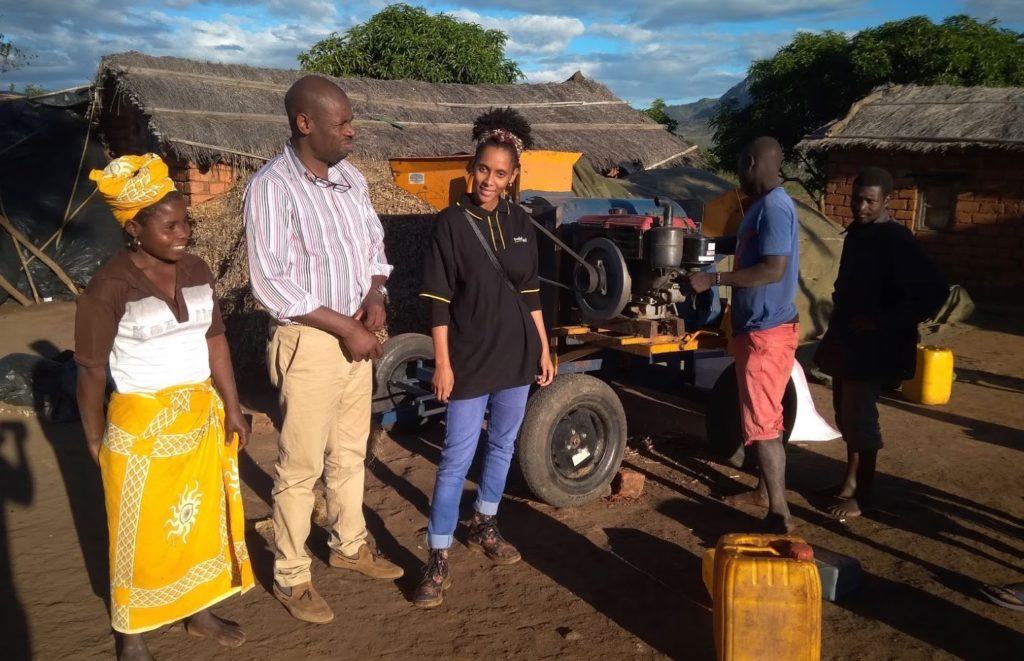
Golden Line: Enabling women to empower themselves in gold mines and communities
In our Golden Line programme, implemented in 2016-2020 in partnership with Simavi and Healthy Entrepreneurs, we have worked together with women and men in mines and mining communities in Ghana and Tanzania, with the aim of enabling women in these communities to empower themselves socially and economically. In this story, women in the Mgusu mining community tell about their journey to take up leadership and entrepreneurial positions, and the challenges they have faced.
Interested in learning more about the Golden Line programme? Join our webinar on 23 March 2021, where expert panelists from our joint programme will share some key results and lessons learnt.
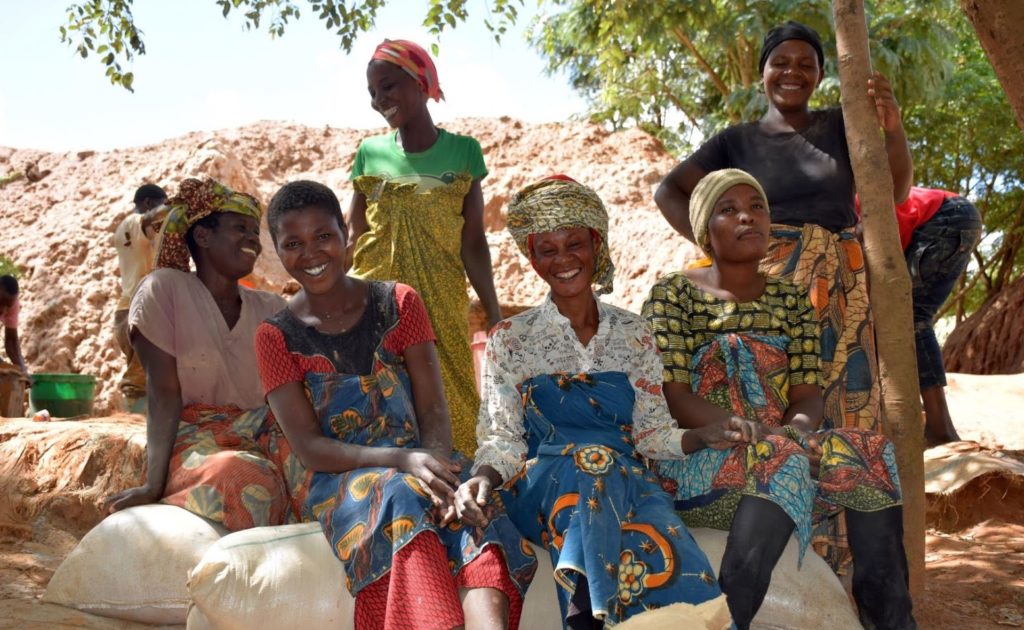
Closing the gender gap in agriculture and mineral value chains in East and Central Africa
In East and Central Africa, our programming integrates innovative models to overcome typical barriers to women’s participation in agriculture and mineral value chains. In Kenya, Uganda, and Tanzania, the Practice for Change (PfC) Coffee Resilience Program is creating opportunities for women to participate in coffee leadership, coffee production as seen in this video, as well as other micro-enterprises. Specifically, we empower women with requisite skills and knowledge to enable them to participate in the management boards in cooperatives, coffee production and alternative livelihoods, such as intercropping and animal husbandry. Our sustained efforts in promoting gender inclusivity in artisanal gold mining in Uganda and Tanzania continue to challenge the status quo by engaging both women and men to change attitudes and open up new opportunities for women and girls.
Our work promotes access to productive resources, meaningful involvement of women in decision-making processes at the household and community level, and improved representation at various forums. Promoting gender equality in our local value chains contributes to closing the gender gap in various sectors while contributing to achieving the UN SDGs. Importantly, our gender initiatives aim to strengthen women’s roles as key agents of development, therefore contributing to improved livelihoods and increased incomes for local producers (farmers, workers and artisanal miners), and improved food, nutrition and income security for local communities.
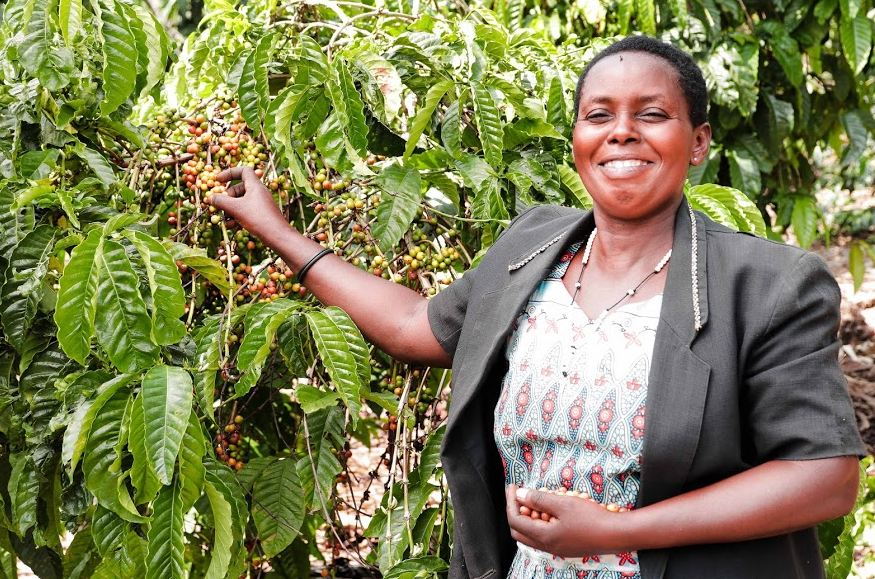
Reclaiming sustainability requires gender and social inclusion
With our new RECLAIM SUSTAINABILITY! programme, Solidaridad is working with partner organizations worldwide to ensure that the voices of those who are traditionally marginalized in global supply chains – the farmers, miners, workers – are heard loud and clear in decision and policy making. Their contribution in the value chains of sectors such as coffee, cocoa, gold, and cotton and textiles is vital, yet they remain on the sidelines of the world economy. In our efforts within this programme, we will also be focusing on gender and social inclusion, ensuring that no population groups are left behind. Genuine sustainability and impact start here, at the beginning of the value chain. This five-year programme (2021-2025) will be implemented in strategic partnership with the Dutch Ministry of Foreign Affairs, within their Policy Framework Strengthening Civil Society.
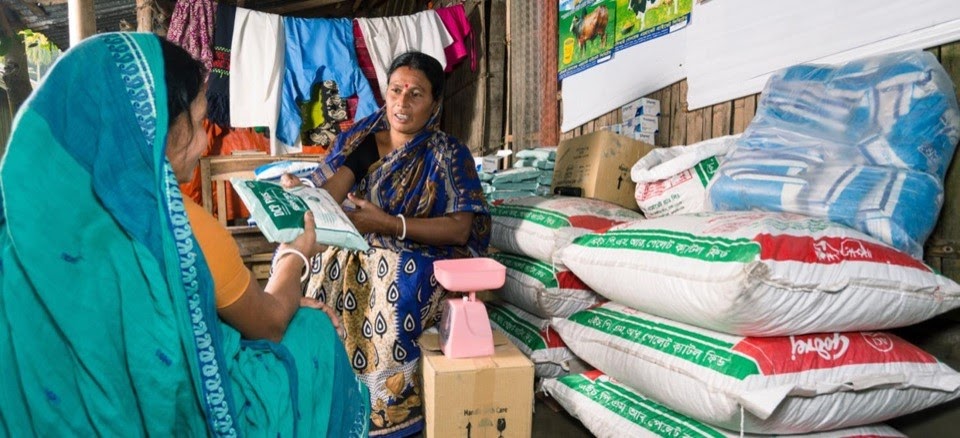
Fostering leadership through inclusion, not barriers
Fostering value chains and sectors where women and men can equally participate and benefit from their contributions is essential in Solidaridad’s work. We have thus developed 11 thematic ‘buckets’: the key inclusivity themes that are relevant in our work across sectors and projects. These themes include buckets such as Culture & Norms, Business Practices, Financial Services, and Health & Nutrition. These thematic buckets and our projects, which align with one or more of these themes, help to emphasize and illustrate that gender inclusivity and equality are truly cross-cutting and cannot be considered in isolation.
This underlines the urgent importance of fostering women’s equal participation across sectors and cultures, and of breaking down barriers which hold the status quo in place, especially in challenging times such as the COVID-19 pandemic. Only then can we truly achieve the full potential of women’s incredible capabilities as leaders and role models worldwide: not through boundaries, but along the path of social inclusion and equal participation.
